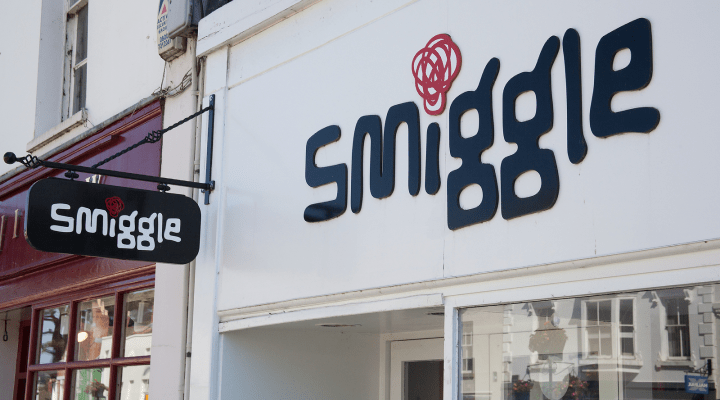Last week, Premier Investments’ chairman Solomon Lew called the last six months one of the “most challenging and unpredictable halves of the pandemic”. In the 26-week period ending 29 January, Premier lost 42,675 trading days to government-enforced lockdown measures aimed at controlling the spread of the Delta and Omicron variants of Covid-19 in Australia, resulting in a 16 per cent drop in net profit to $163.6 million. Despite the drop in profitability, Lew lauded the business’
ss’ performance through the half, which saw earnings up 5.5 per cent and online sales up 27.3 per cent.
“This pleasing result was delivered against the backdrop of an extremely challenging operating environment,” Lew told analysts. “Even after reopening our stores, the Omicron variant not only impacted customer sentiment during the all-important December to January period, but also posed major logistical challenges and staff shortages across all businesses.”
The strong group result was not a matter of luck, Lew said, but down to the strong performance of Premier’s leadership team.
Heading up this leadership team is CEO Richard Murray, formerly of JB Hi-Fi, who described his first six months in the role as “very busy”.
“Premier Retail has a proven track record of delivering sales through a combination of our strong store network, strong supply chain and logistics, and our worldwide platform,” Murray said. “We want to delight our customers however they choose to shop, and the management team remains optimistic about the future.”
In fact, the business is so optimistic about the future that it is paying a record interim dividend of 46 cents per share – a 35 per cent increase over the same period of last year.
Lew said that while the current environment remains challenging for many retailers, the experience Premier has on its board and senior management team could provide it an advantage over the competition.
Staying within the lines
He added that beyond paying out $290 million to its shareholders, Premier is keeping an eye on potential acquisitions.
“Obviously there’s a fair amount going on [in retail], and we look at opportunities from time to time,” Lew said to analysts. “When we do look at opportunities, it’s always in the fields that we understand and the fields we’re in. We’re not looking at motorcar accessories, for example.
“We’ve got very strong relationships in our supply chain, so we’d like to stay within the areas we know, and at this point, that’s where we’ll be sticking to.”
Premier Retail operates within the fashion and stationery channels, through its Smiggle, Peter Alexander, Just Jeans, Jay Jays, Jacqui E, and Dotti brands.
Throughout the half, Smiggle’s sales jumped 5.6 per cent, to $146.3 million, though its operations in Australia and New Zealand were heavily disrupted due to a delayed school year. The business’ European operations performed strongly, however, due to cycling out store closures in the region from the same period of FY21.
Peter Alexander delivered a record result in the first half, with the sleepwear retailer’s sales up 11.4 per cent, to $227.4 million. Peter Alexander was far less affected domestically, as customers more easily shifted buying behaviour between online and store channels, and the brand performed well over the Christmas period.
The Australian Financial Review reported that Lew said Peter Alexander offers a multitude of areas for potential growth, from larger stores to integrating more loungewear, kidswear, and plus-sizes, as well as gifting options such as candles.
Meanwhile, Portmans delivered sales growth, though overall apparel sales stayed relatively steady overall, with a 0.7 per cent increase, to $396.2 million.

